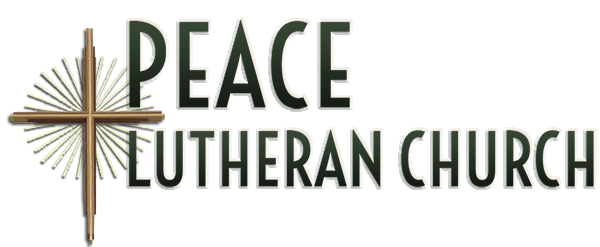So, what do we know about Jesus’ second coming?
Text: 2 Thessalonians 2:1-5, 13-17. Read it here.
St. Paul wrote this letter to encourage the church at Thessalonica during a time of confusion and opposition. The confusion concerned the return of Christ Jesus. St. Paul tells these early Christians that their worry about the timing of Jesus’ return was diverting them from Jesus’ central teachings.
The coming of our Lord Jesus continues to concern people today. When will it happen? How? What will the signs be? Scholars have many different interpretations of this passage, but here are some general conclusions:
We expect Jesus to return. No one knows the time or day of Jesus’ coming. But we know we are 2,000 years closer! The church at Thessalonica was concerned because they had been told by unreliable sources that they had missed the big event. Yet, they were still suffering persecution by those who felt threatened by this new religious system. Paul tells them that this information they are getting was not true.
How reliable is the information that we are getting today? Can we separate what’s true from what’s false? How likely are we to fall into a scam? Paul tells the people of Thessalonica, and tells us today, to consider the source of the information. The day of our Lord has not yet come. Anyone who says that it has come is lying.
Paul mentions “the rebellion of the people” against God. The identity of the “lawless one” is a mystery. But we do know that the “lawless one” exalts himself. He considers himself greater than every other god. He will take his seat, either physically or metaphorically, in the Temple.
Paul thanks God for the believers of Thessalonica, because God has chosen them for salvation, through their belief in the truth. The believers are filled with the Holy Spirit, which sets us apart for a life of service. Living in service to others is what glorifies God. We are agents of God’s mercy, grace and reconciliation. The world needs us Christians to live out our values day by day.


